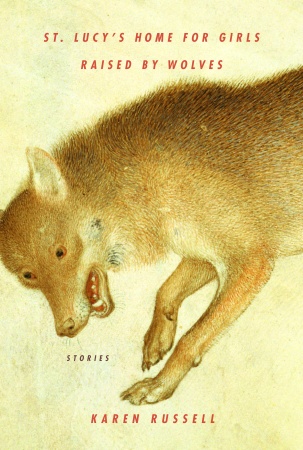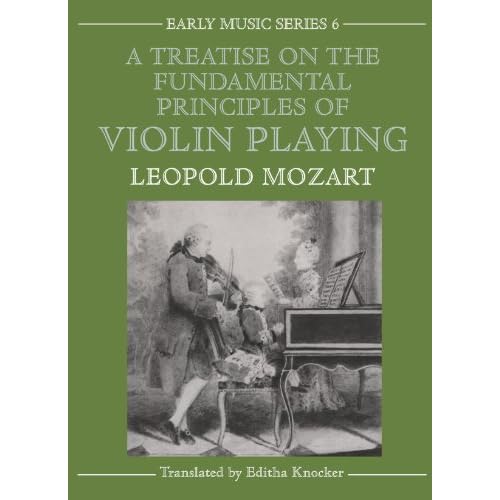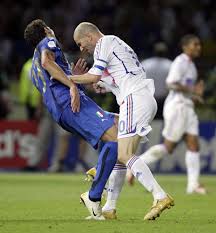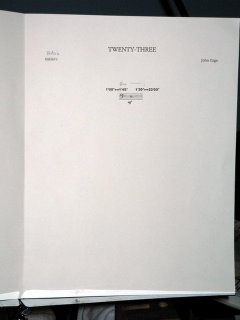Thinking about the relationships and tensions in these stories, I suppose that all couples have dimensions where the two people cannot participate equally. Often it might be a consuming hobby, a sports addiction, or a religious devotion. We allow our partners to pursue their interests, even when they separate us, or make us feel alien and inferior. In the long run, those inequalities can possibly help a relationship, giving us a space apart and a way to assert our own identities. I love Nadine Gordimer's description of her office worker married to a cellist:
She was so much part of the confraternity of orchestras. The rivalry among the players, drowned out by the exaltation of the music they created together. The gossip—because she was not one of them, both the men and the women trusted her with indiscretions that they wouldn’t risk with one another. And when he had differences with guest conductors from Bulgaria or Japan or God knows where, their egos as complex as the pronunciation of their names, his exasperation found relief, as he unburdened himself in bed of the podium dramas and moved on to the haven of lovemaking. If she was in a low mood—the -bungles of an inefficient colleague at work, or her father’s “heart condition” and her mother’s long complaints over the telephone about his disobeying doctor’s orders with his whiskey-swilling golfers—the cello would join them in the bedroom and he’d play for her.There is certainly an upside to having a one-musician marriage - not only does each partner have a separate outlet, but you don't need to fight over practice space. At the same time, it seems unfortunate to not be able to share in that "exaltation" of creating something together, those moments on stage which are the most profound of a musician's life. It's hard to imagine how a couple that does not share such a passion could ever function, as in McEwan's story:
Edward had never cared for classical music, but now he was learning its sprightly argot—legato, pizzicato, con brio. Slowly, through brute repetition, he was coming to recognize and even like certain pieces. There was one that she played with her friends which especially moved him. When she practiced her scales and arpeggios at home, she wore a hair band, an endearing touch that caused him to dream about the daughter they might have one day.Both of these stories are very much about sex, and musicality seems to become a symbol for emotional intimacy and even sexuality - in Gordimer's, the cello's voice traces the arc of an extramarital affair, while in McEwan, the violinist Florence's "sinuous and exact" playing seems to promise sensual affinities which she doesn't in fact possess. McEwan writes probably the most horrifying description of a kiss that I've ever read.
You could say that neither of these stories is really about music - but they both use the symbol for the beauty and complex awkwardness of a human relationship. In a musical performance hundreds of people can hear the same sounds and interpret them completely differently - horror and ecstasy can coexist, just like in a relationship, even in those precisely, wordlessly rendered notes.





















